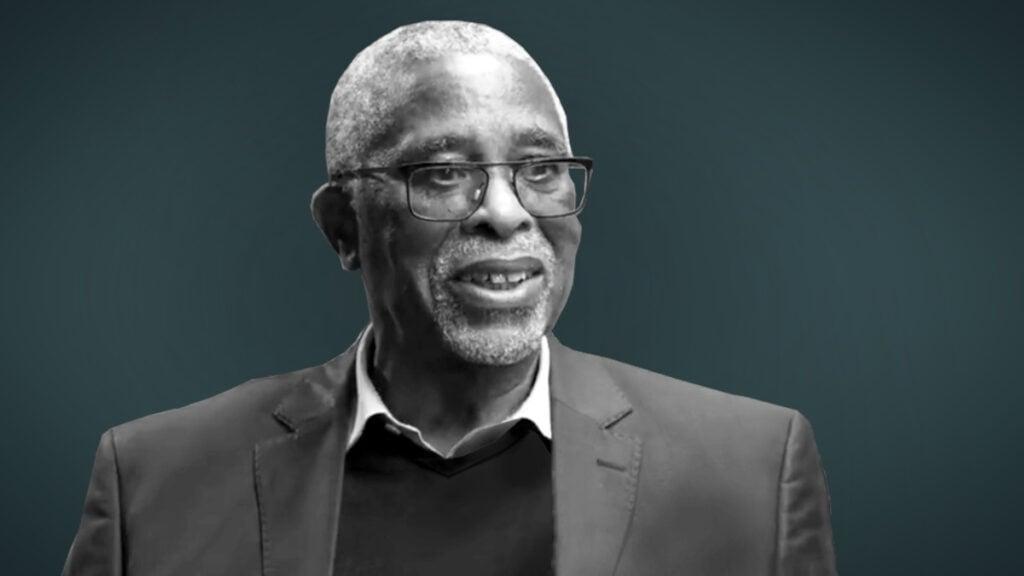Africa-Press – South-Africa. Political economist Moeletsi Mbeki said South Africa’s civil service is the highest paid globally as a percentage of gross domestic product (GDP) and should be cut drastically.
Mbeki, who chairs the South African Institute of International Affairs, is a highly respected intellectual on local economic and political affairs.
He explained that the South African government invited the International Monetary Fund (IMF) to study public service salaries a few years ago.
He said the IMF concluded that public service salaries in South Africa consume a large percentage of the country’s gross domestic product.
The IMF and World Bank studies estimated that South Africa’s public sector wage bill has consistently consumed between 12% and 13% of GDP.
A Centre for Risk Analysis report showed that South Africa has the third-highest government wage bill as a share of GDP among 20 major economies.
The public sector wage bill is 3.5% higher than the Organisation for Economic Cooperation and Development (OECD) average.
“South Africa’s wage bill is about 10.5% of the GDP and towers over economic powerhouses such as the United States, United Kingdom, Australia, and Japan,” the report noted.
While the percentages differ due to the complexity of what constitutes public sector wages, it is not disputed that South Africa spends too much money on civil servants.
Countries in similar stages of development, like Chile and Thailand, only spend 6% of their GDP on public service salaries.
The IMF highlighted that the government wage bill accounted for most of the state’s expenditure increase in South Africa. This, in turn, caused a rapid increase in public debt.
In 2008/09, South Africa’s gross loan debt amounted to R627 billion, or 26% of GDP. It has now ballooned to R5.21 trillion, or 73.9% of GDP.
Another problem with the large wage bill and big salary increases is that they have prevented money from being invested in productive activities.
The IMF said that if resources devoted to wage increases and debt service payments had been invested in more productive outlays, it would have helped economic growth.
Under the Thabo Mbeki administration, South Africa’s economic growth averaged 4.2% due to the country’s sound economic policies and financial management.
This growth slowed to 1.7% under the Jacob Zuma administration, and it declined further to 0.6% under the Cyril Ramaphosa administration.
Cut the state salary bill and increase productive investments
Mbeki said South Africa needs to cut the civil service pay back to a level comparable to similar countries and invest the money it saves in productive assets.
Finance Minister Enoch Godongwana’s 2025 Budget showed that the state will spend most of its money on salaries, grants, and debt repayments.
It will spend R823 billion on employee compensation, R433 billion on debt interest repayments, and R285 billion on social grants.
That means the government will spend 59% of its R2,592 billion total on these three non-productive expenses.
To get money for these high costs, the government levies very high taxes on the private sector, including company tax and personal income tax.
In an interview with BusinessTech, Mbeki explained that moving money from the private sector, through taxes, to the public sector is not productive.
“This means that the private sector does not have the resources to develop and reinvest in the South African economy,” he said.
Simply put, the government takes money from the private sector to pay exorbitant salaries to state employees and people working for state-owned enterprises.
He said to ignite economic growth, the government must cut public sector salaries to 6% to 7% of GDP. This means around a 50% cut in the civil service salary bill.
This will free a lot of money to invest in the economy, taking South Africa back to the early 2000s when the economy showed strong growth and the state recorded numerous surpluses.
For More News And Analysis About South-Africa Follow Africa-Press






